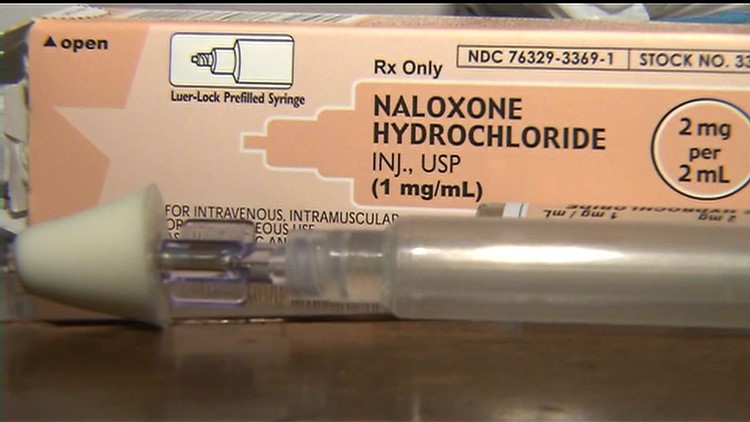HARTFORD–Gov. Dan Malloy has teamed up with the White House drug policy director, the state and federal departments of children and families and other federal and local agencies to combat substance abuse.
“It’s going to take everybody working together to stop this crisis,” said Michael Botticelli, the national drug control policy director. “President Obama has made clear that addressing this opiod epidemic is for his administration.”
Malloy announced on Tuesday a new strategy which will use government resources for social services. The program is being funded through the public-private partnership called Pay for Success, which is an in-home program for families involved with DCF who also have substance issues. There are less than a dozen Pay for Success initiatives nationwide.
The new implementation of that pay strategy for this project will be called the Connecticut Family Stability Pay for Success project. It expands on the successful program already in existence.
Michael Botticelli; Rafael Lopez, the commissioner for the federal Administration on Children, Youth and Families; Joette Katz, the Connecticut DCF commissioner; and others are all part of the effort.
“President Obama has made it clear that both the public and private sectors have roles to play in addressing substance use disorders, and that’s why innovative approaches like Pay for Success have the potential to create real change,” said Botticelli.
The program will offer Family-Based Recovery treatment teams to families, which will visit the homes of the families several times per week for six months to encourage parent-child interactions, teach parents about child development, and help parents recover. The teams will continue with families that still need assistance after the six-month period on a family basis.
The goal is to keep children with their biological families as frequently as possible.
“It is critical that we focus on outcomes — and Pay for Success financing assures that we only fund programs that work,” Malloy said. “This is about providing effective treatment services early — it’s a strategic approach in order to keep children with their families. This is the right thing for Connecticut children and families and the right thing for Connecticut taxpayers.”
The FBR teams include two clinicians and one family support worker.
The state has a similar program currently in place which works with families who have children younger than 3, and the results show that fewer of those children have been removed from their homes and substance abuse has been decreased. The new program will serve families with kids up to age 6.
The need for this program is more important than ever.
“The percentage of children entering care with parent drug abuse reported as a reason for removal increased by 7.6 percent over the past five years,” said Commissioner Lopez. “Children should grow up in families where they are safe. This program is especially promising because children remain with their families while their parents receive the treatment they need to parent and provide for their children safely.”
Also on Tuesday, community members, health experts and other officials testified before the General Assembly in support of Malloy’s proposal for a bill that introduces Narcan (generic name Naloxone)–a heroin-overdose reversal drug–to first responders throughout the state, as well as citizens who want to purchase it. Currently, the drug is only administered by individual towns that have passed the measure.
One supporter, Pamela Mautte, the director of the Greater Valley Substance Abuse Action Council, said, “Many of the paramedics and other first responders who I’ve spoken with throughout the state that have access to this medication report they use it frequently and it is easy to use. I urge you to support this important bill and provide access to all first responders.”
Then, Tuesday night, the second of a two-day summit to address the heroin epidemic in the state was held. Nearly 30 overdoses occurred in less than two weeks in New London, and leaders and health experts around the state gathered in New London to address ways to deal with the issue.
Rep. Joe Courtney called on President Obama to declare the opioid epidemic a public health emergency, which would allow $600 million in funding to be released.
Botticelli attended the summit after his meeting earlier in the day on substance abuse. He said, “This will continue to be a priority for the president. It’ll continue to be a priority for us in the delegation. You’ve seen what the congressman has put forward. I think everyone understands the sense of urgency around this. And, particularly when the 2014 numbers came out, and we saw just huge increases.”
Figures from the Chief Medical Examiner’s Office show 723 people in the state died in 2015 from heroin, cocaine or other drug overdoses.



